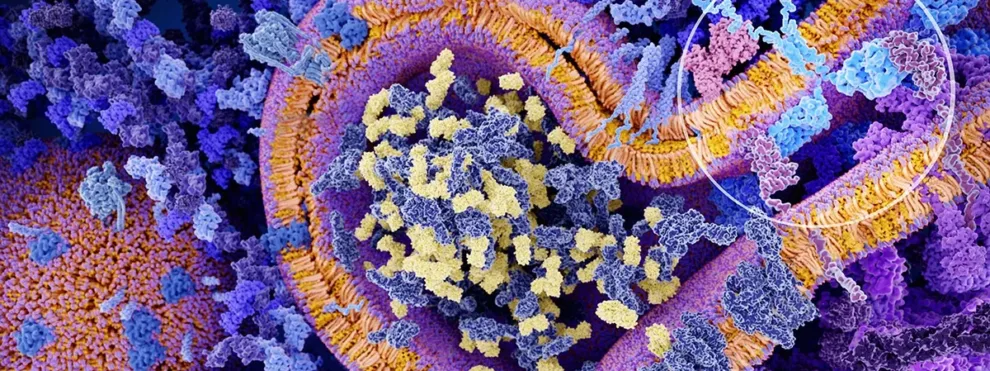Chimeric antigen receptor (CAR) T cell therapy is transforming patient-specific cancer treatment, even for the most challenging forms of cancer. CAR T cells are made by isolating a patient’s T cells from the blood and engineering them in the lab so that they can specifically fight the patient’s cancer. This custom-made biologic is both time and labor-intensive and extremely costly, but it is also an extremely effective form of treatment.
Check out the top four ways flow cytometry is an indispensable tool for CAR T cell therapy

1. Basic Research: Decades of basic research have brought CAR T cells to clinical trials and beyond, and flow cytometry has been a critical tool in evaluating how to optimize the effectiveness of different CAR T cell products. Much work has gone into engineering CARs with effective T cell receptor and co-stimulatory components that enhance tumor-fighting abilities and preserve the long-term persistence of CAR T cells in a patient’s circulation.
2. T Cell Isolation: CAR T cell products must be made with a patient’s own T cells, and leukapheresis is used to isolate these cells from patients while returning all other blood components to their circulation. Flow cytometry analysis of isolated blood products assures that a sufficient number of healthy and functional T cells are used for processing and re-infusion.
3. CAR T Cell Preparation: Different genetic engineering tools are used to transfer the instructions for the multifunctional CARs into a patient’s T cells. Flow cytometry is used in quality assurance/quality control (QA/QC) protocols to assure that a sufficient number of viable T cells are expressing CAR, and makes sure that these cells show other phenotypic indicators of T cell functionality.
4. Clinical Immune Monitoring: CAR T cell products that meet the appropriate QA/QC criteria can be reinfused into patients. Validated flow cytometry protocols are used to monitor the persistence and functionality of these cells as the effectiveness of this treatment is evaluated.
{{cta(’55bb11ba-359e-4a4c-8c77-485ad6177084′,’justifycenter’)}}

